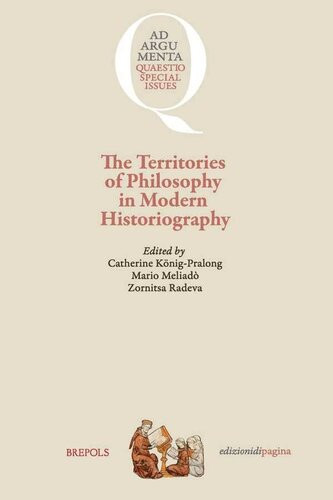

Most ebook files are in PDF format, so you can easily read them using various software such as Foxit Reader or directly on the Google Chrome browser.
Some ebook files are released by publishers in other formats such as .awz, .mobi, .epub, .fb2, etc. You may need to install specific software to read these formats on mobile/PC, such as Calibre.
Please read the tutorial at this link: https://ebookbell.com/faq
We offer FREE conversion to the popular formats you request; however, this may take some time. Therefore, right after payment, please email us, and we will try to provide the service as quickly as possible.
For some exceptional file formats or broken links (if any), please refrain from opening any disputes. Instead, email us first, and we will try to assist within a maximum of 6 hours.
EbookBell Team

4.8
44 reviewsIn the recent past, critical discussions concerning notions such as 'cultural area' and 'area studies', as well as their relativizations by means of conceptions that avoid splitting clearly identified areas (inter alia, 'third space', 'hybridity', 'diaspora', or 'cosmopolitism'), drew attention to the long history of cultural territorialization. This book attempts to open the history of philosophy to reflexive and globalizing tendencies elaborated in the field of 'world history'. From the seventeenth century onward, in both modern Europe and North America, historical sciences-notably philosophical historiography and cultural history-colonized both the past (or national pasts) and the 'rest' of the world. The contributions gathered in the present volume address both phenomena to the extent that they have been linked with modern historicization of philosophy, sciences, and culture.